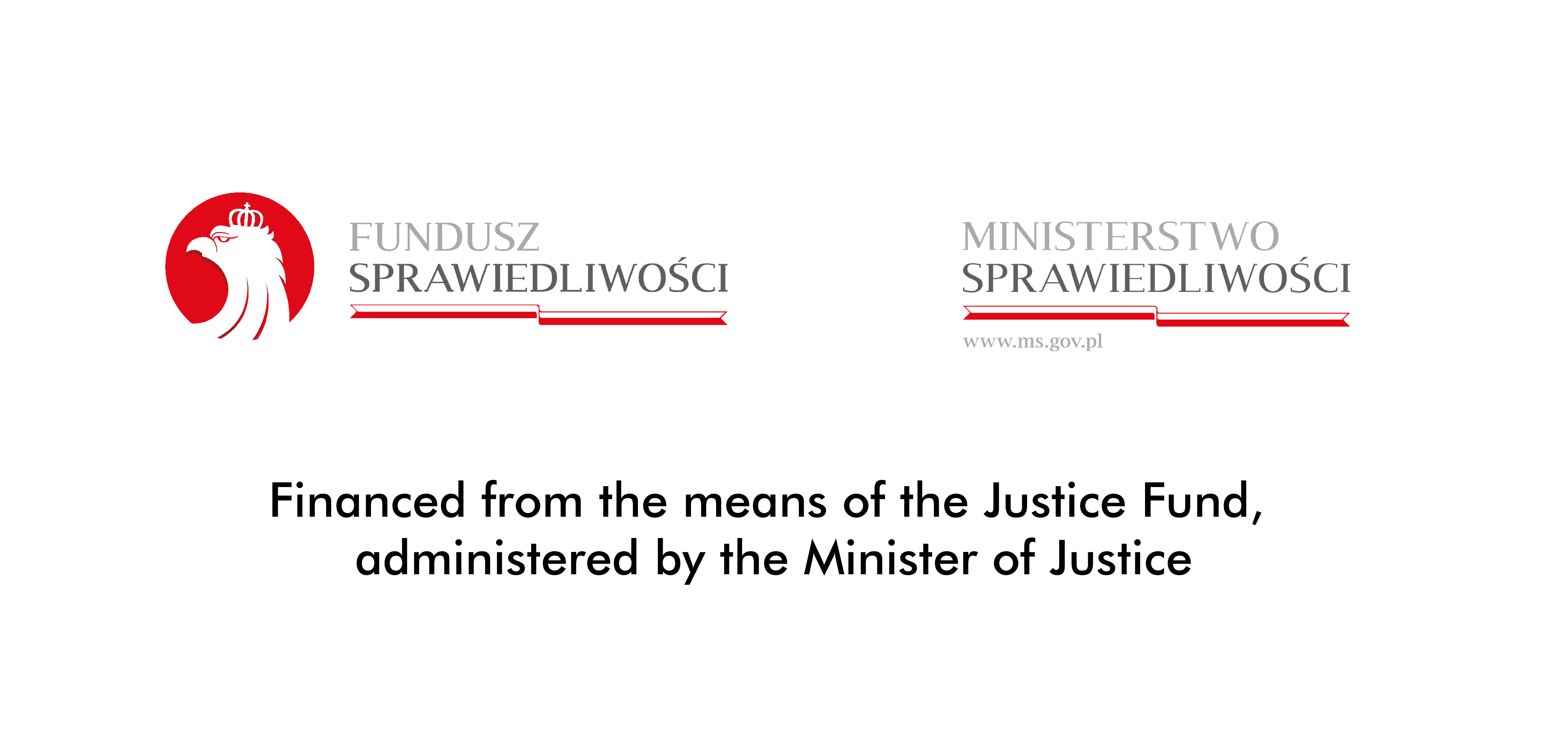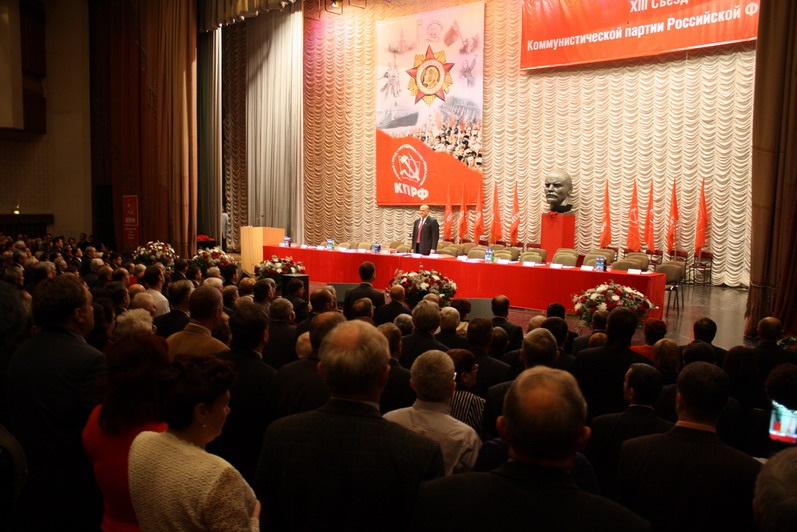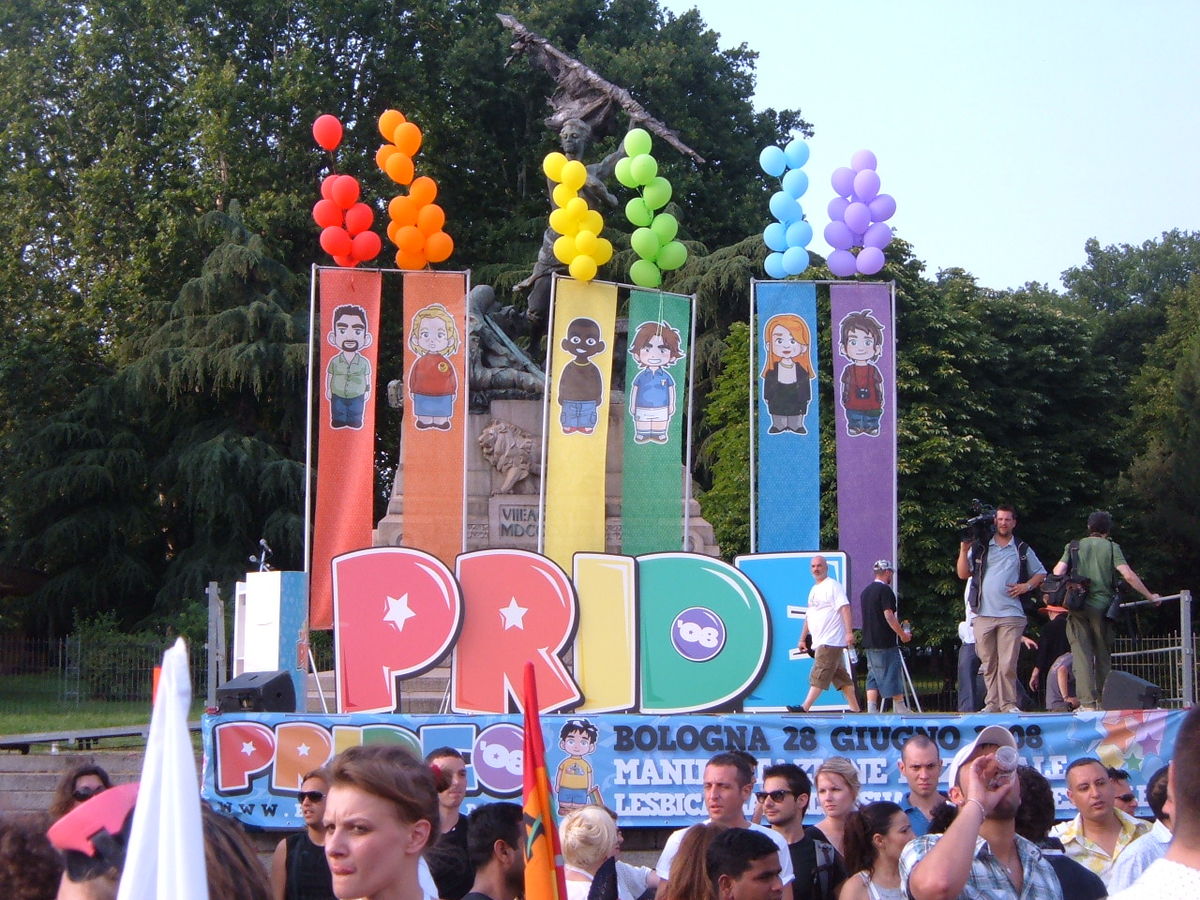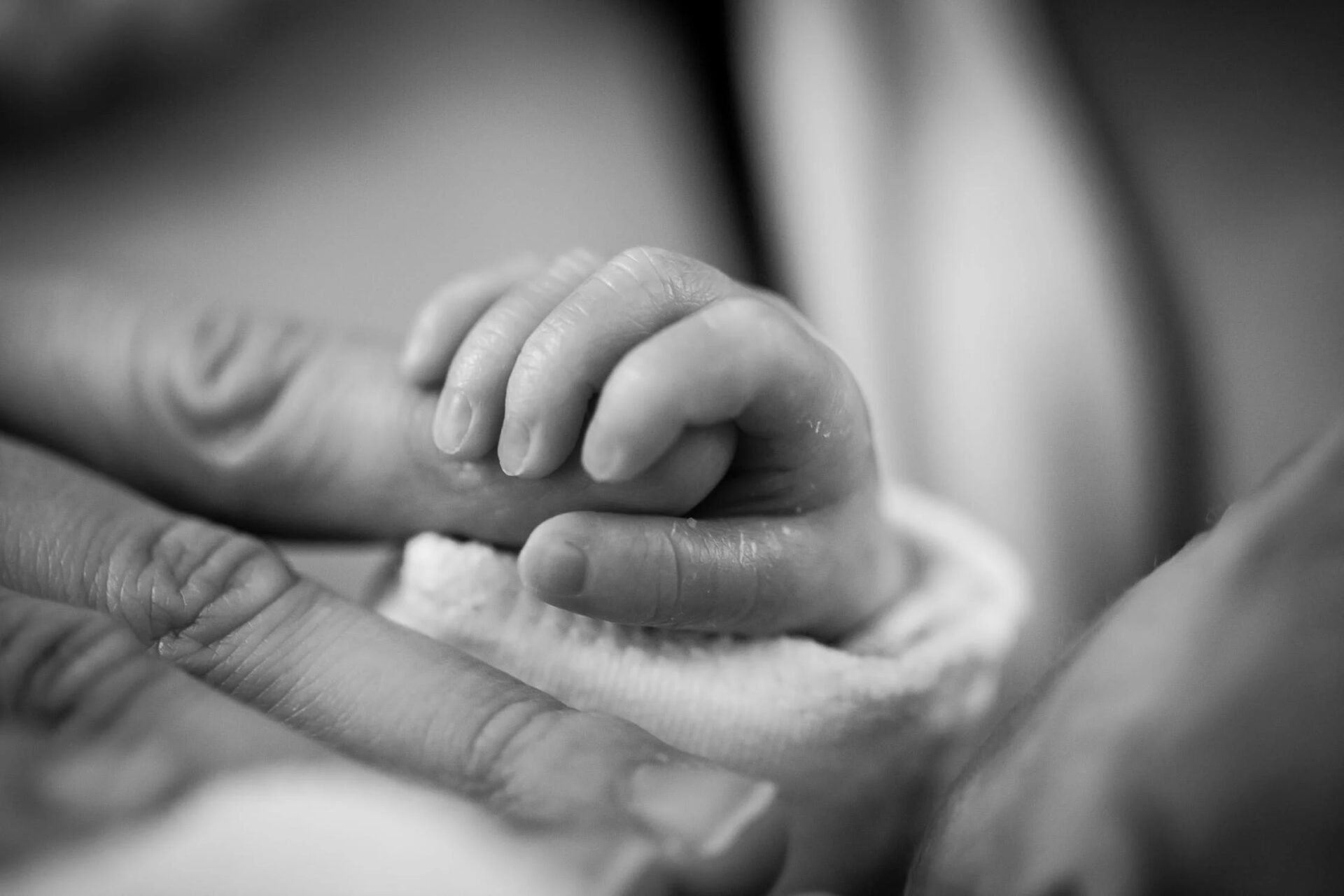Global competition for Christ. How the Vatican is facilitating the creation of a new world order
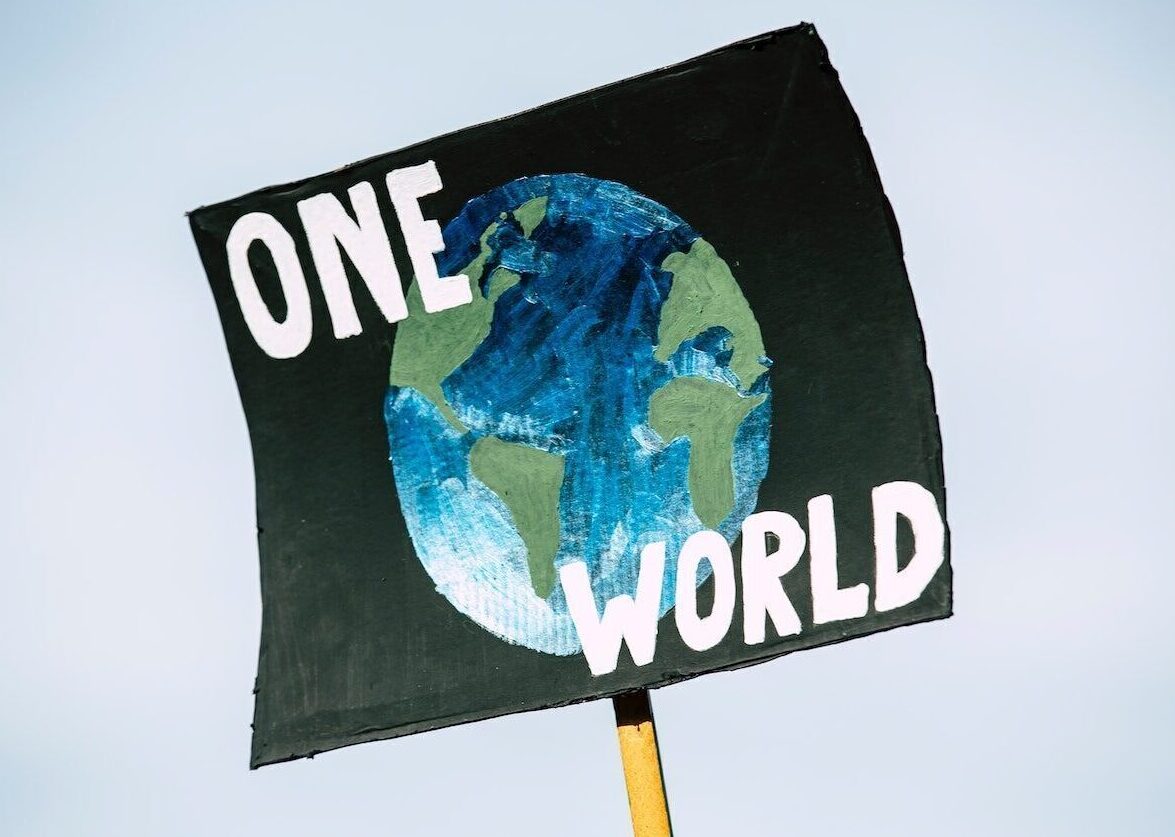
Throughout centuries, the Catholic Church has placed the Gospel at the absolute center of its preaching. Today, its place is increasingly being replaced by “sustainable development” and other secular programs for remodeling societies. The Holy See hopes this will help forge a new global order – overseen by some form of world government.
Paweł Chmielewski
World Youth Day (WYD) is, in principle, a major meeting between Catholic youth and the Bishop of Rome. In Lisbon in 2023, however, there will be talk of more than just the “program” that Jesus Christ has for every person. The second of the big topics will be… “Agenda for Sustainable Development 2030”. The “Agenda” is a United Nations program adopted in 2015 by all member states. It is a straightforward continuation of the “Millennium Development Goals”, which the UN-focused “international community” had already committed to achieve. According to the “Agenda”, by 2030, member states are to achieve 17 goals, such as ending poverty and hunger, protecting the environment, and fighting for gender justice.
The Holy See is not a member of the UN and has not signed the “Agenda”. At WYD in Lisbon, however, it is this document – as Church leaders wrote in a “letter of commitment”, announced on April 22nd of this year – that is to be the “main goal” of the Catholics gathered there. They pointed specifically to the goals of the “Agenda” concerning health, education, economics, ecology, and gender equality. Under the latter point, the “Agenda” states, is, among other things, the demand to “ensure universal access to sexual and reproductive health care and the enjoyment of reproductive rights”. The supporting documents to which the UN refers to clarify the content of these slogans show that they include abortion, contraception, and gender mainstreaming, among others. This, of course, is no secret. The UN has long promoted the concept of recognizing abortion or “gender reassignment” as basic human rights. In 2020, UN agencies expressed harsh criticism of Poland over its Constitutional Tribunal’s ruling to ban eugenic abortion. Based on a pro-abortion bulletin produced earlier, the UN suggested that Poland was “torturing” women by not allowing the alleged right to be granted. Later, this kind of UN activity against our country was repeated many more times. In 2020 as well. The organization announced a comprehensive bulletin on the need to implement genderism worldwide.
Alliance with globalists
One might think that linking the Catholic goals of WYD to the “Agenda 2030” is a bit of a reach, because the Vatican will not, after all, promote abortion or LGBT among young people. Perhaps it won’t, though it’s hard to make categorical judgments here: papal support for pro-abortion Democrats in the U.S. or Francis’ efforts to cater to the rainbow community make one doubt the existence of impassable boundaries on the issues in question.
WYD in Lisbon, however, refers us to an entirely different question: Why does one of the Catholic Church’s central evangelistic endeavors not only intend to focus on Christ and Mary, but also set as its “main goal” to join the revolutionary “Agenda 2030”? In other words: why is the Holy See undertaking close cooperation with globalist organizations that preach overtly anti-Christian views?
The answer seems to lie in the term “globalist”. For many years, and since the beginning of Francis’ pontificate in particular, the Holy See has been eagerly joining in the most diverse initiatives of a globalist nature, without paying any attention at all to their clearly non-Christian connotations and goals – as if the mere fact of their global outreach explained and justified everything. It is not uncommon for the Vatican to launch such ventures itself. In 2020, the Pope established the “Global Education Pact”, which promotes taking action to educate future generations in the spirit of universal brotherhood and the fight against discrimination; by design, it abandons confessional differences, which must give way to a community toiling to build justice and peace. In the same year, the “Francis Economy” project was launched. It is intended to serve the emergence of new economic standards in the world that exclude no one. Francis has laid the theoretical groundwork for these initiatives in his encyclicals, which are by no means addressed to Catholics – “Laudato si” which promotes profound environmentalism, and “Fratelli tutti”, which, according to many, preaches brotherhood understood in the fashion of the deistic Enlightenment. The Vatican is also actively seeking cooperation with people who can bridge the gap between the Church and the world of big finance and globalism. For example, in the fall of 2021, Jeffrey Sachs, known not only as an economist, but also as a proponent of reducing the world’s population through abortion and contraception, was inducted into the Pontifical Academy of Social Sciences.
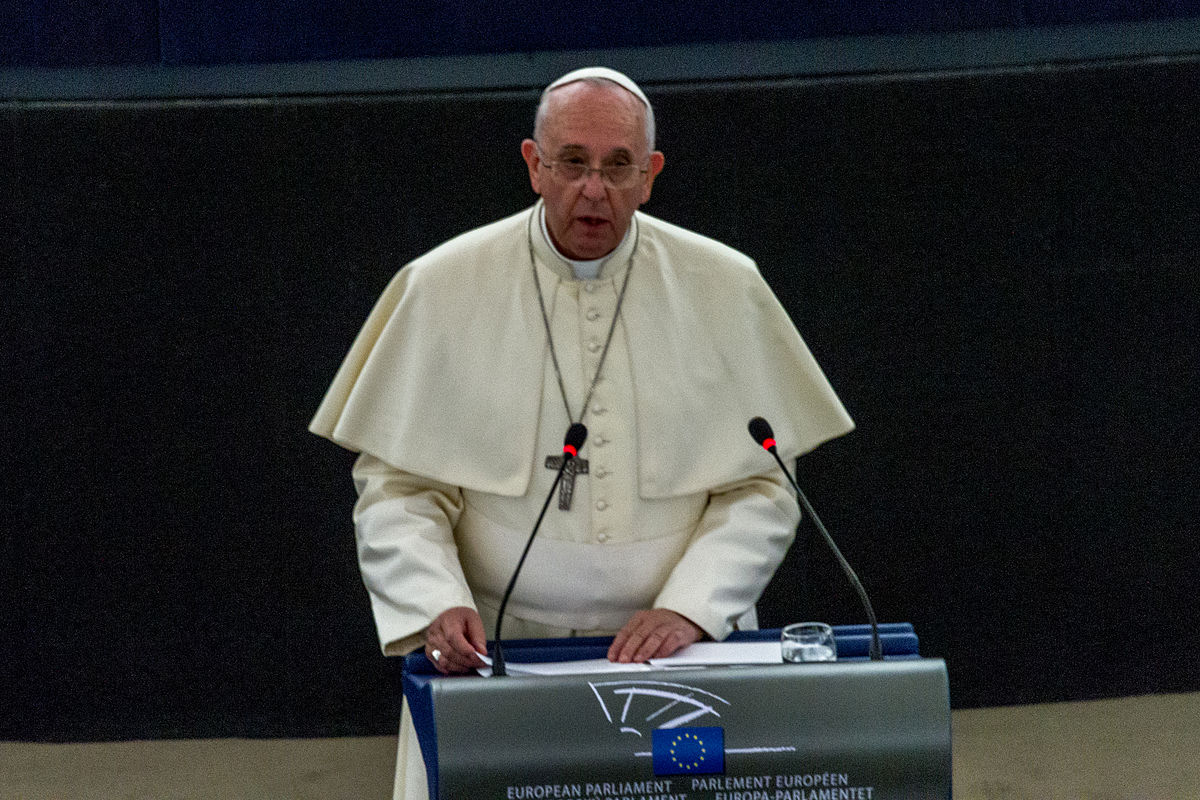
The “Agenda 2030” itself, is not a strictly external document for the Vatican. Rome participated both in the negotiations preceding the adoption of the “Agenda” and in the talks on its implementation. It was also used for good purposes. For example, in 2016, Archbishop Bernardito Auza, the Holy See’s permanent observer to the UN at the time, drew attention to the need to ensure the right to life at every stage and criticized the ideological understanding of the English term “gender”, pushing for its reading as simply “sex”. As can be seen from its recent activity and from the links provided in the text of the “Agenda”, the UN was not persuaded.
The Church as an “FBO”
There is little difficulty in answering the question of why the globalists are interested in working closely with the Vatican. From their perspective, the Catholic Church is one of the most influential “FBOs” (faith-based organizations). Through “FBOs” these circles can exert unique influence on humanity from their perspective. The Church is ideally suited for this, because although Catholicism is professed by only a fraction of the world’s population, by concentrating full power in the hands of the Pope, cooperation, insofar as only his favor is gained, can be extremely smooth. The world of Islam, Orthodoxy, Protestantism, or Buddhism does not offer such opportunities. Moreover, by reaching out to the Pope and the Roman Curia, the globalists can try not only to influence the outlooks of millions of people around the world. They can also try to use Catholic personnel, financial, and infrastructural resources. A perfect example of such instrumental use of the Church as an influential “FBO” was (is?) the COVID-19 pandemic. The Holy See engaged all its authority in promoting the campaign of multiple vaccinations. The Pope himself manifestly accepted vaccinations and strongly recommended the same to the faithful, using almost moral blackmail. Without a shadow of a doubt, the promoters of “global health” have, by having an ally in the Pope and the Roman Curia, achieved greater success than if these entities had remained neutral – let alone in the situation of their active opposition. If Francis had made it clear that vaccinations cannot be compulsory and forcing them is an abuse, it would have been much harder for bishops and priests to plant vaccine buses in front of churches and tell the faithful that not vaccinating is a sin against the fifth commandment. Of course, it is impossible to decide how much Vatican support for the campaign to vaccinate the world’s population was a sovereign action, and how much was dictated by the Holy See’s new “friends”. What is noteworthy, however, is that in May 2021, at a Vatican sanitation conference, Dr. Anthony Fauci, chief organizer of the US anti-covid policy, spoke quite directly about the strategy of using the “FBO” to promote vaccination. At the time, the American pointed out that because Catholic priests have a special kind of authority, they can promote vaccination, influencing the faithful in a way that is completely inaccessible to doctors or experts; he therefore solicited support. To full effect: “FBO Catholic Church” was almost 100 percent convinced of this initiative. What will happen if the UN and co. one day issue a war on, for example, cash as an instrument facilitating human trafficking and crime in general? Will the clergy around the world also be engaged in promoting cashless payments then?
The Vatican’s “wishful thinking”
The question of what the goals of the Holy See itself are is more difficult to answer. One might think that the Vatican is simply trying to use all the tools at its disposal to promote Catholic teaching, especially social teaching. Seemingly, this is logical: the participation of representatives of the Holy See in various global initiatives provides a real opportunity to present a Catholic outlook, and sometimes perhaps even allows to realistically change the text of the documents adopted or to direct some action in a different direction. Pope Francis devotes so much attention to expressing concern for the poor that it would be surprising if he did not try to get international organizations to be more sensitive to poverty issues.
Given the increasing pauperization of the masses of the population and the growing spread of ideologies that affront human dignity, one might doubt the effectiveness of the Vatican’s efforts, if indeed that was their intent. Another issue is ecology, which is close to the Pope’s heart: although the Russian aggression in Ukraine has halted the rapid implementation of green policies, but this is perhaps only a temporary difficulty, and after the eventual cessation of the conflict the world will continue to become, with Rome’s blessing, increasingly hostile to carbon – just like St. Peter’s Basilica itself, which wants to achieve “zero-carbon” by 2025.
However, the Holy See’s close cooperation with forces that stand in radically opposite positions to the Church may also raise serious questions. Developments in many countries around the world show that the Vatican is not so much bringing about the “Catholicization” of world politics and economics, but rather secularizing itself – and in the process legitimizing anti-Christian agendas (and the “Agenda”).
So why the “carelessness” of the Holy See? I don’t want to point here to the possible covert infiltration of the Roman Curia by all sorts of influential groups with global outreach. It is admittedly not out of the question that some of the high-ranking hierarchs in the Vatican both in the past and in the present have ties to such organizations as the Freemasons. Arguing on this level, however, would be flimsy, as there are no transparent grounds. Hence, one should rather refer to tangible evidence. One of these, meanwhile, is ideology – and I am by no means referring to environmentalism.
On the path to building a world government
I believe that one of the significant factors pushing the Holy See to work closely with globalist circles is the conviction of some Vatican elites that some form of world government is indispensable. Popes of recent decades have already explicitly expressed their support for the creation of a global power on several occasions. Some of the bishops of Rome have given up on simply promoting international “cooperation” that would be founded solely on voluntary principles. Instead, they proposed to create bodies that would have the ability to punish the disobedient – which is, after all, the very foundation of any sovereign power.
Francis expressed such an idea in the referenced encyclical addressed to all inhabitants of the earth, “Fratelli tutti”. According to the Holy Father, in our time, “it is essential to devise stronger and more efficiently organized international institutions, with functionaries who are appointed fairly by agreement among national governments and empowered to impose sanctions” (paragraph 172). The key point here is the demand that such international structures be equipped “with power to impose sanctions” – this, after all, results in actual deprivation of some part of states’ sovereignty. Pope Bergoglio, however, is not the author of this idea. Francis may have been referring to the thoughts of his predecessor, Benedict XVI. The German pontiff called for the establishment of international authority in his encyclical “Caritas in veritate”. He wrote in paragraph 67: “there is an urgent need of a true world political authority, […] to manage the global economy; to revive economies hit by the crisis; to avoid any deterioration of the present crisis and the greater imbalances that would result; to bring about integral and timely disarmament, food security and peace; to guarantee the protection of the environment and to regulate migration”. Benedict XVI strongly emphasized that such a “greater degree of international ordering” must have the capacity to enforce its decisions. The global authority, he pointed out, should “have the authority to ensure compliance with its decisions from all parties, and also with the coordinated measures adopted in various international forums. Without this, despite the great progress accomplished in various sectors, international law would risk being conditioned by the balance of power among the strongest nations”. It will remain his secret how to enforce these principles if the “integral disarmament” he advocated for were to be effected.
Pope Roncalli’s ideal
In “Caritas in veritate”, the German pope referred to St. John XXIII, leaving out St. John Paul II and St. Paul VI. These two popes admittedly engaged with globalism in various ways, but it is not easy to find support for the creation of a world government from them as clear as from the others. As a Pole, it would have been difficult for Pope Wojtyla to sincerely urge states to give up their national sovereignty. His predecessor, on the other hand, even in a high-profile address to the UN on October 4th, 1965, which could rightly be called a panegyric in honor of the organization, did not go as far as Francis and Benedict. Like John Paul II, he stressed the need for nations to have real sovereignty. What is different is St. John XXIII. Pope Roncalli, in his encyclical “Pacem in terries”, presented the concept of establishing a world government as a de facto moral imperative. He wrote in paragraph 137: “Today, the universal common good presents us with problems which are world-wide in their dimensions; problems, therefore, which cannot be solved except by a public authority with power, organization and means co-extensive with these problems, and with a world-wide sphere of activity. Consequently, the moral order itself demands the establishment of some such general form of public authority”.
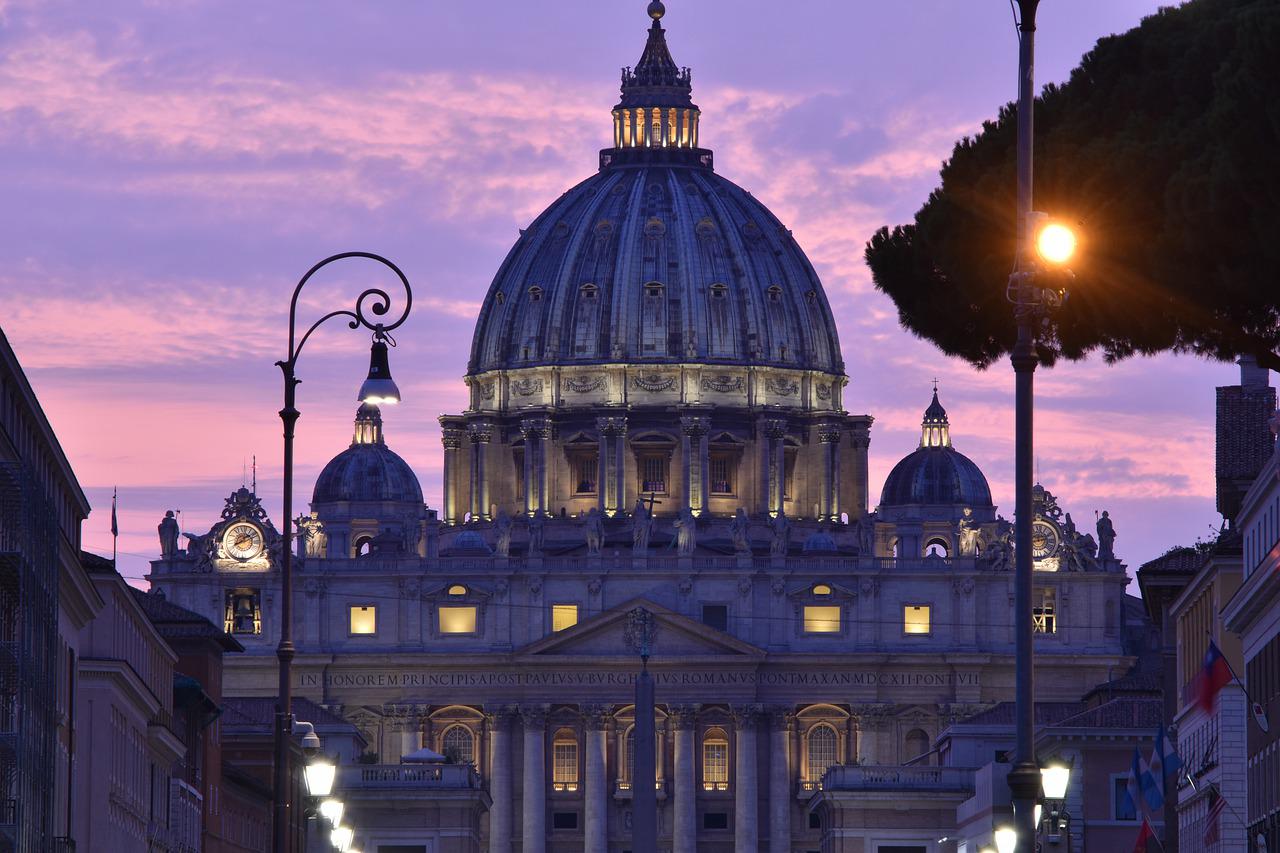
The concept of establishing a world government has, of course, its own profound logic. Just as a state internal peace is guaranteed by the existence of a single center of power wielding violence, so too in the international community there will be no lasting peace without its existence. Catholic doctrine has been aware of this for centuries, and hence the Church has always preached the necessity of concentrating power in one hand. The problem is that traditionally it should be the hand of Jesus Christ. Pope Pius XI, in his 1925 encyclical “Quas Primas”, aptly pointed out the only possible prospect for achieving world peace: it is necessary, he taught, to privately and publicly recognize Christ’s royal authority over one another; “rulers and legitimate superiors” must have the conviction that they “exercise authority not so much by their own right, but by command and in the place of the Divine King”. Only this would result in world “peace and internal order”. The Catholic Church, however, in the course of the discussions accompanying Vatican II, moved away from the truth of Christ’s social rule and began to argue for a universal order established on a different foundation from the Savior. This has had far-reaching consequences also for the Christian religion’s place in such a newly perceived global order.
Transcending religion
I must ask for the reader’s forgiveness in my use of such a worn-out platitude, but it is hard not to notice that nothing “discriminates” as much as truth. There is an inherent conflict in the concept of truth; for truth implies disagreement with falsehood. Hence, the logical conclusion is that religion, especially the Catholic religion, as a phenomenon based on a claim of truth, is a hotbed of disputes. In the project of a world order based on universal brotherhood, however, disputes are excluded. As a result, a religion based on a claim of truth must be eliminated: removed or replaced by a religion based on indifferentism. An acceptable religion must recognize that every other religious path is its own equal.
The encyclical “Pacem in terries” was published in 1963. Next year will be its 60th anniversary. As originally planned, Pope Francis’ unique religious project in cooperation with Muslims, Jews, and atheists is expected to be ready by 2023. The project in question is the one under construction since 2019 by the Abraham Family House in Abu Dhabi, the capital of the United Arab Emirates. The initiative is based on the erection of a synagogue, a church and a mosque, all very similar – the differences are, as it were, only of an aesthetic nature. The house could become an excellent space for celebrating the globalist cult of universal brotherhood.
However, it is easy to see that despite its progressiveness, the Abrahamic Family House excludes those who do not believe in the One God. Together with the three temples, however, a center for dialogue is being created. Perhaps over time it will be transformed into a place of worship of the Supreme Being. Both atheists and adherents of the paganism that Pope Francis so cherishes, eagerly participating in cultic ceremonies in honor of Pachamama and ancestral spirits, could come to terms with this. The realization of the vision of establishing a global government that will usher in universal order and prosperity cannot be imagined without imposing the same view of transcendence on the international community. After all, every government is based on some sort of axiology. The source of globally legislated laws will not be able to be God. What kind, anyway? What is needed is a universal ethic detached from any religious tradition. This consequently means that its ultimate source must be human will – and the naked brute force of the true sovereign of the new order supporting it. Otherwise, there will be no consensus among the peoples of the world on such issues as abortion, marriage, and the right of parents to raise their children as they see fit.
I don’t know if the Holy See recognizes this danger. Perhaps it does, but because of its entanglement in the vague language of Vatican II, it is unable to draw the right conclusions. In the referenced 2016 speech, Archbishop Auza warned the UN against an axiology rooted only in man. However, he did not bother to present a Catholic alternative: he appealed only to “force majeure”.
I wish, therefore, that the popes would engage with much greater caution than today in building universal peace together with the UN and other international organizations. It seems absolutely necessary to reach back to the truths that Pius XI still preached. Perhaps the representatives of the world’s financiers prefer to listen to the hierarchs of the Church appealing to the Supreme Being, but the truth nevertheless demands something else – the proclamation of Christ, including on a global level. However, as long as the current crisis lasts, it is necessary to accept that the youth that will gather in Lisbon with the Pope in 2023 will propagate ecological spirituality and put the “Agenda 2030” at the center of their activities – alongside the Gospel, or instead of it. I hope that the Church will soon shake off its stupefaction and return to its true roots.
